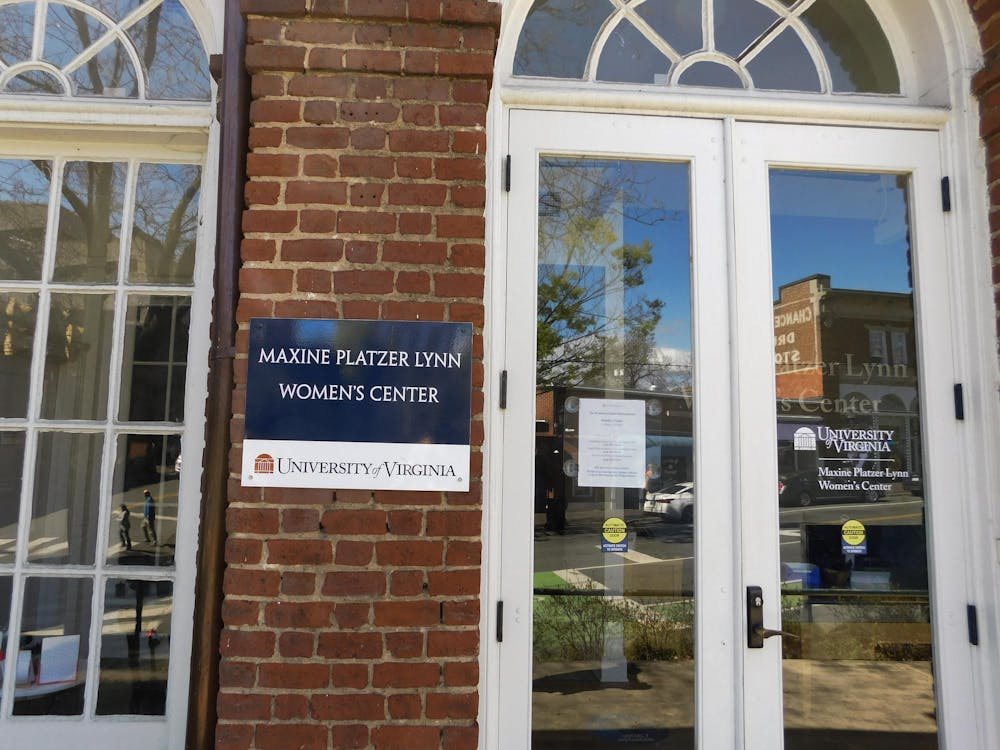Dozens of concerns go into a student's housing decision — finding the perfect roommates, the right rent rate, and a location that's close to class without sacrificing access to nightlife. But to make these decisions a reality, students are also faced with signing what for many of them is their first long-term, binding contract: the lease.
Though off-Grounds housing gives students the opportunity to choose among a wide variety of floor plans, the requirements built into leases often go unnoticed.
Vicki Hawes, assistant director of off-Grounds housing, said students should take the time to become familiar with their leases, even if it can be hard to understand at times.
“A majority of the time, students are in a rush to sign the lease due to the limited amount of time they have for their favorite options,” Hawes said. “However, they must become familiar with their landlord’s requirements which [the off-Grounds Housing Office] advocates be done with a direct conversation. It’s good to look at the handbook or document landlords give you, but the language can be convoluted and unclear to tenants.”
Hawes said students sometimes are unaware of what their rent will actually cover, and sometimes end up having to pay more than they initially expected. While on-Grounds housing includes all utilities and internet connection, off-Grounds options typically do not.
“Students are often unaware of what the cost of utilities will actually be and what utilities they have to pay, which can be a large increase from what they pay alone in rent,” Hawes said.
In addition to arranging utilities, the tenants of off-Grounds housing are responsible for notifying landlords of any issue — including damage to the property and utility failure — which may occur throughout their stay at the location. If these problems are not brought to the landlord's attention, tenants can face the consequences in a deduction from their security deposits.
The Off-Grounds Housing Office website advises tenants to “always notify the landlord about any problems either in-person or over the telephone.” The website recommends these problems be formally outlined in a letter to keep a record.
Lester Wilson III, attorney at Student Legal Services, warned of some of the legal complications which come with signing a lease. Specifically, he recommended all students sign the lease at the same time.
“Make sure that you all sign at the same time,” Wilson said. “I often have students come to me that signed a lease to hold it for other students only to find out that the others have fallen through and they are stuck with the lease.”
He added said there often stipulations in a lease which could be prove intrusive to tenants. Landlords will sometimes want to improve or renovate a space — and some seek to do so while the tenants are still living in it.
For example, the owner of GrandMarc Apartments on 15th street has the right of entry “at any time without notice in the event of an emergency and at all reasonable times, with reasonable advance notice to you, even without your consent, to inspect remodel, repair, maintain and protect the Apartment and your Bedroom as we see fit, in our sole discretion,” as stated in the leasing contract. Similar provisions can be found in many off-Grounds leasing contracts.
However, tenants also have a series of rights in a rental agreement — and important protections if the landlord is not repairing or maintaining the rental property.
“Tenants are given a number of rights under the Landlord Tenant Act,” Wilson said. “They can terminate the lease if the landlord does not fix issues with the the premises that affect the tenant's health or safety.”
Tenants also have the option of calling the City of Charlottesville to inspect the property if it is unsafe. The City will then cite the landlord for code violations, and mandate they fix the issue.
More information and advice about leasing can be found on Student Legal Services' website.





